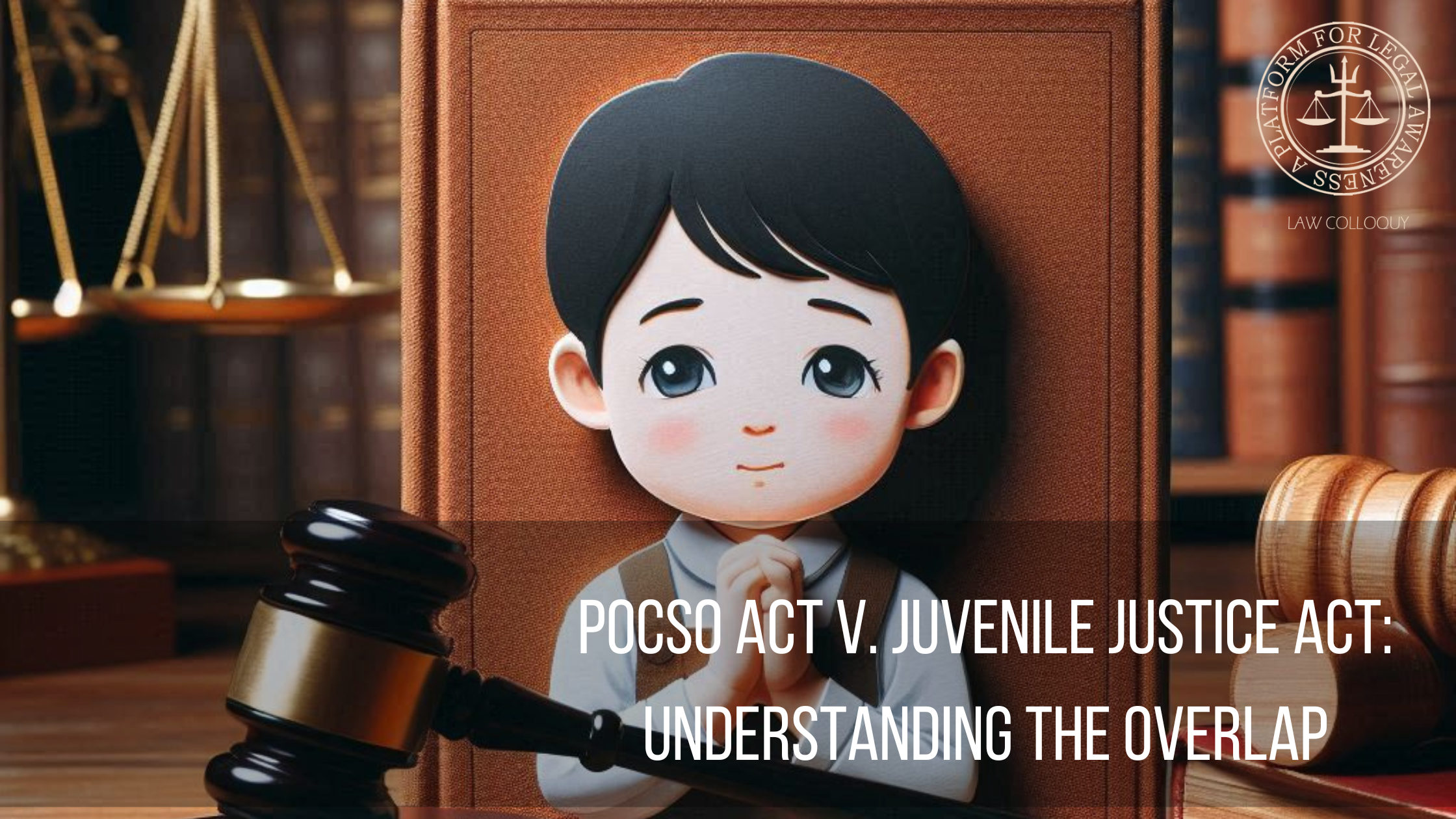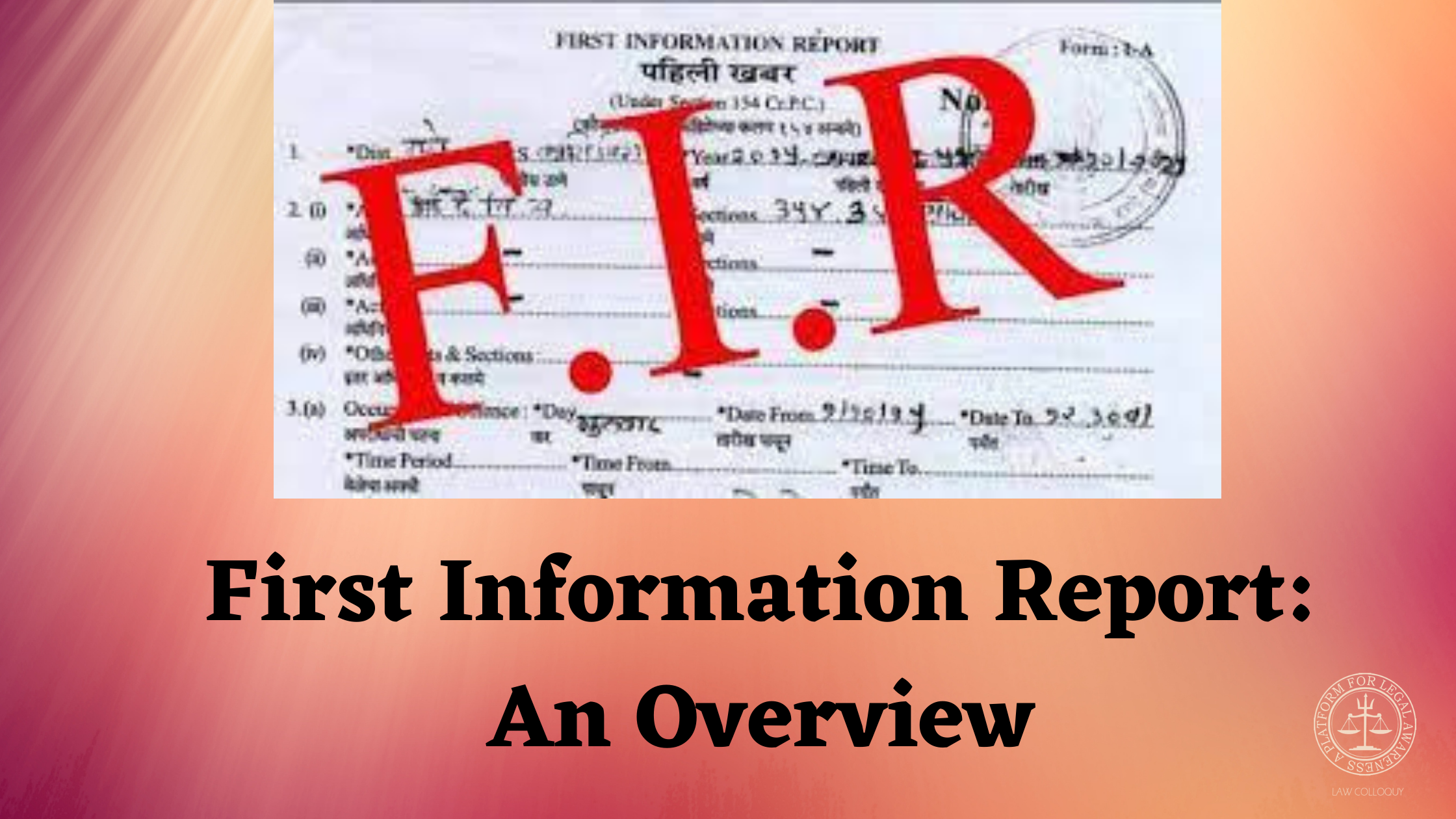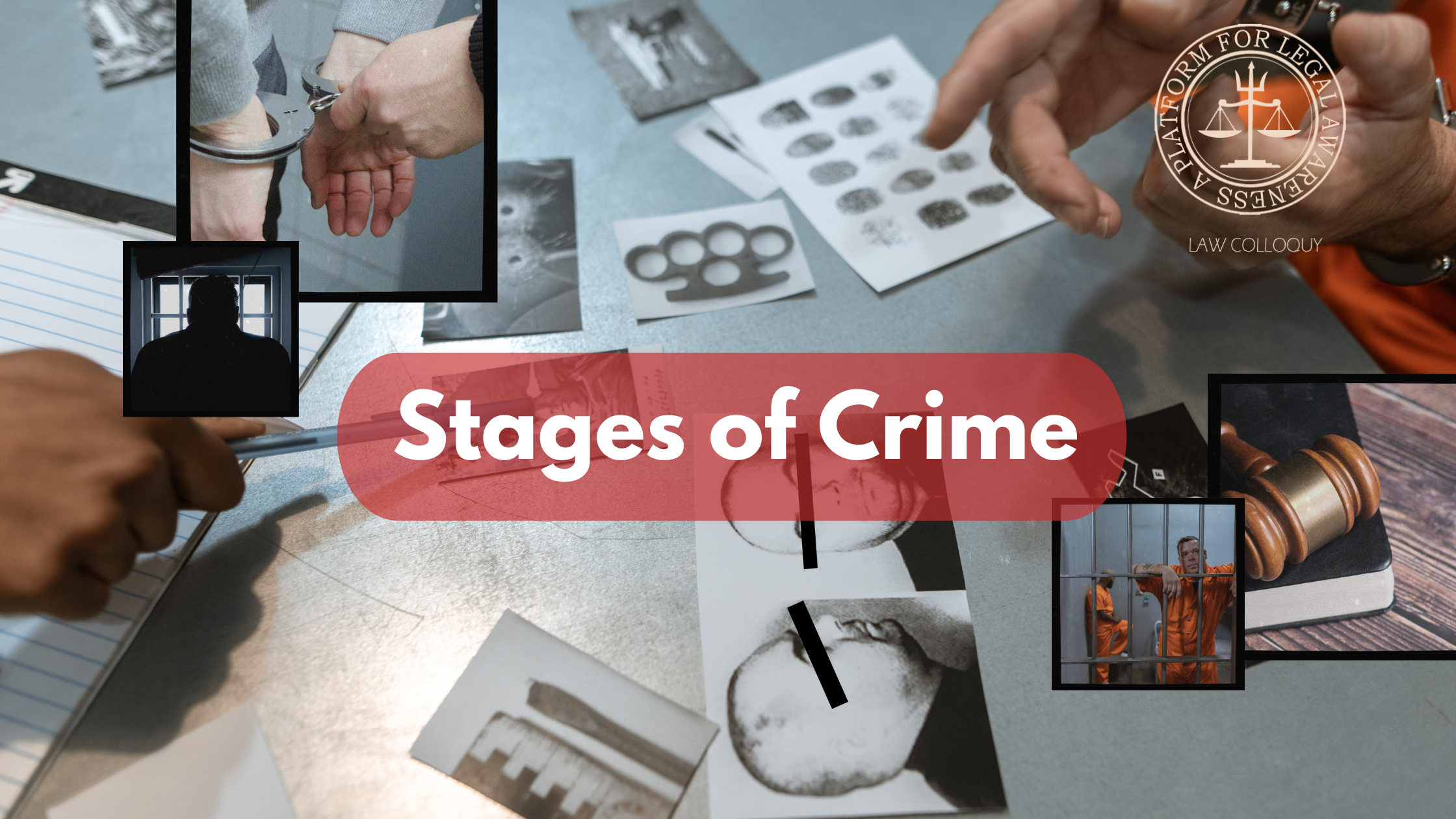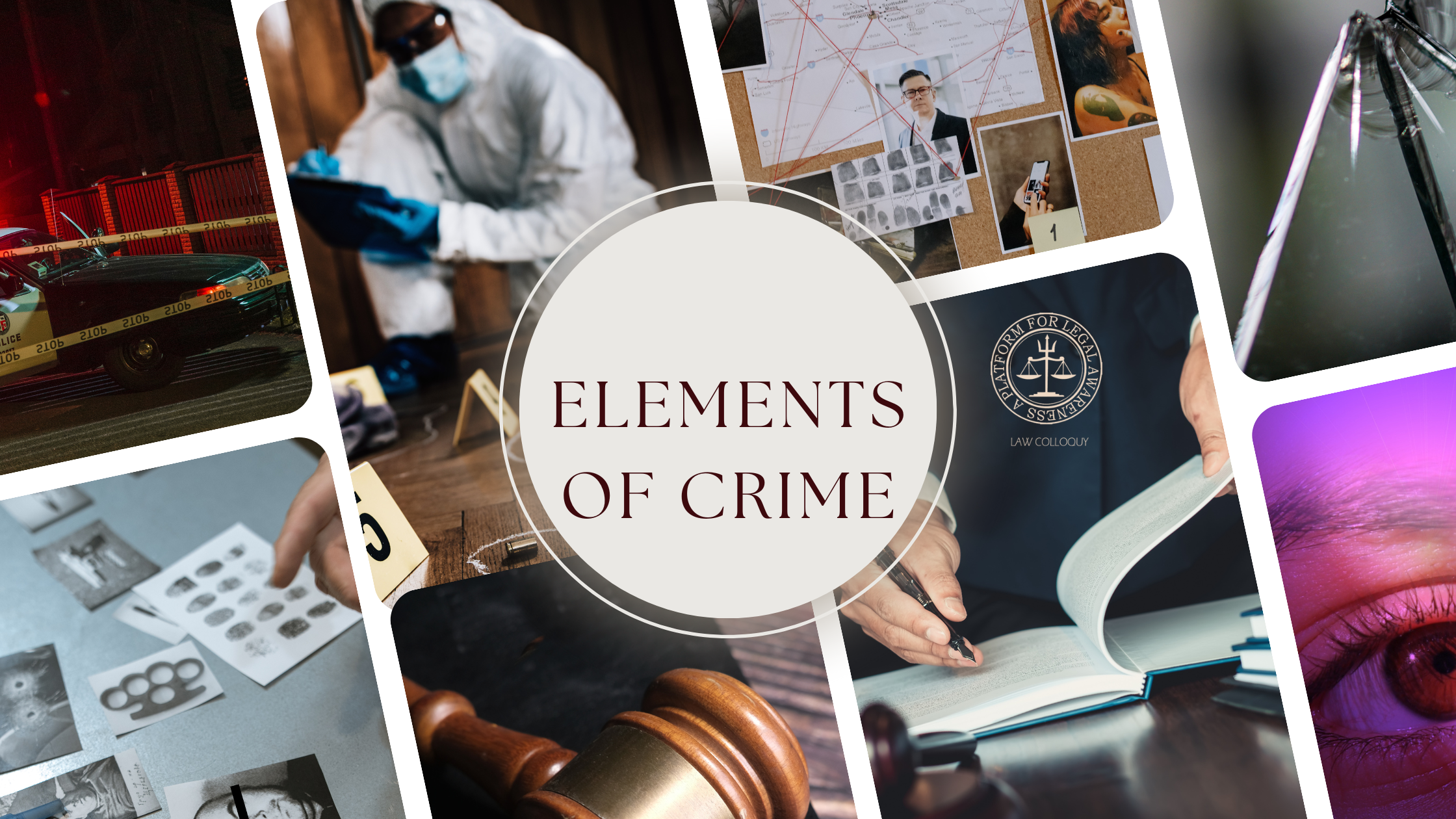POCSO Act vs Juvenile Justice Act: Understanding the Overlap
The Indian legal system provides a comprehensive framework for the protection and welfare of children through two major legislations: the Protection of Children from Sexual Offences Act, 2012 (POCSO Act) and the Juvenile Justice (Care and Protection of Children) Act, 2015 (JJ Act). While both laws aim to safeguard the interests of children, their areas of focus differ. The POCSO Act is designed to address and penalise sexual offences against children, whereas the JJ Act ensures the welfare, rehabilitation, and adjudication of children who are either victims or offenders. However, complex legal challenges emerge when a child is both the alleged offender and the victim, or when sexual acts involve two minors in a consensual relationship. This blog explores the overlapping areas between these laws, the judicial response, and the way forward for a child-sensitive and balanced application of the two statutes.
The Long Arm of Justice: Historical and Contemporary Approaches to War Crimes Prosecution
War crimes are one of the most heinous acts in human history and are a clear violation of the standards of humanity even amid warfare. These gross and systematic human rights violations that include murder, torture, and the use of force against civilians cannot be ignored or go unpunished. This blog analyses the nature of war crimes and the role of their study in fostering a more just and humane global society.
"Pranshu Yadav's Tragic Tale: Combating Cyberbullying and LGBTQ+ Discrimination in India"
One optimistic social media influencer from Ujjain, Madhya Pradesh, 16-year-old Pranshu Yadav's heartbreaking experience has highlighted the adverse effects of homophobia and online harassment. His untimely death from suicide following ongoing pain he had experienced on social media serves as a stark reminder of the severe repercussions of discrimination and cyberbullying against the LGBTQIA+ community.In memory of Pranshu Yadav, this is a wake-up call to confront the harsh realities of cyberbullying and stands as a plea for a world where every individual's uniqueness is celebrated and respected.
What is Deepfake?- Explainer
Deepfake is a new form of cyber crime. This blog explains the meaning of Deepfake, how it works and what are the laws governing it.
First Information Report (FIR): An Overview
Crime and its reporting happen in relays, a country for its good governance & maintenance of tranquility requires complaints to be registered, these then need to be taken in cognizance and resolved in an established manner. A proper administration of the criminal justice system, therefore, requires balancing the rights of the victim and the accused. In India, the distribution of power takes place among its departments and thus reporting of crime, and its settlement happens by involving various branches of government. Reporting of crime is the initial step in the criminal justice system. The ‘First Information Report’ is an essential process in the investigation of a criminal case, in common parlance and in media reporting.
Mistake of fact
clarity over one of the prime general exceptions in the code with relevant case overviews and illustrations.
Theories of Punishment
With the change in the social structure, society has witnessed various punishment theories and the radical changes that they have undergone from the traditional to the modern level and the crucial problems relating to them.
Difference between Detention, Arrest and Custody
There are certain terms in the Criminal justice system which are ambiguous in nature.
Stages of Crime
If a person commits crime voluntarily or after premeditation it involves certain stages. There are four stages in the commission of crime.
Elements of Crime
To establish criminal liability it is necessary to understand elements of a crime. Crimes can be broken down into elements, which the prosecution must prove beyond a reasonable doubt. Criminal elements are set forth in criminal statutes or cases in jurisdictions that allow for common-law crimes.


.png)






